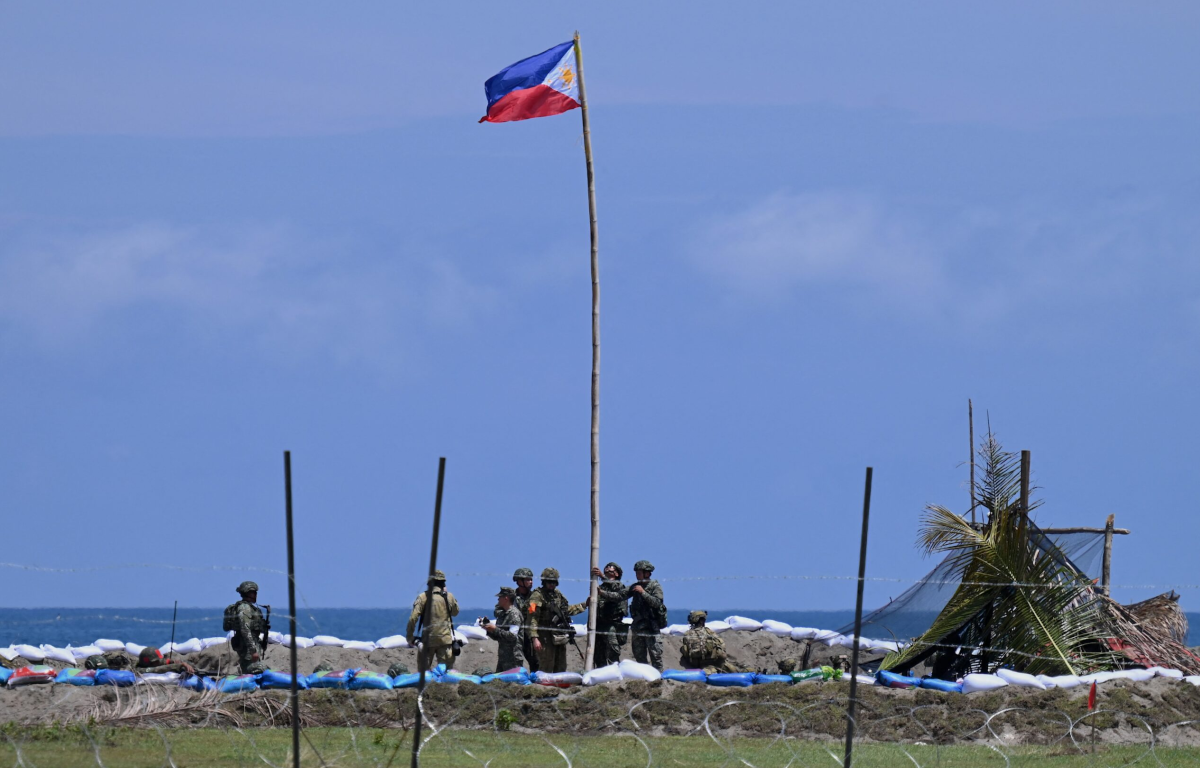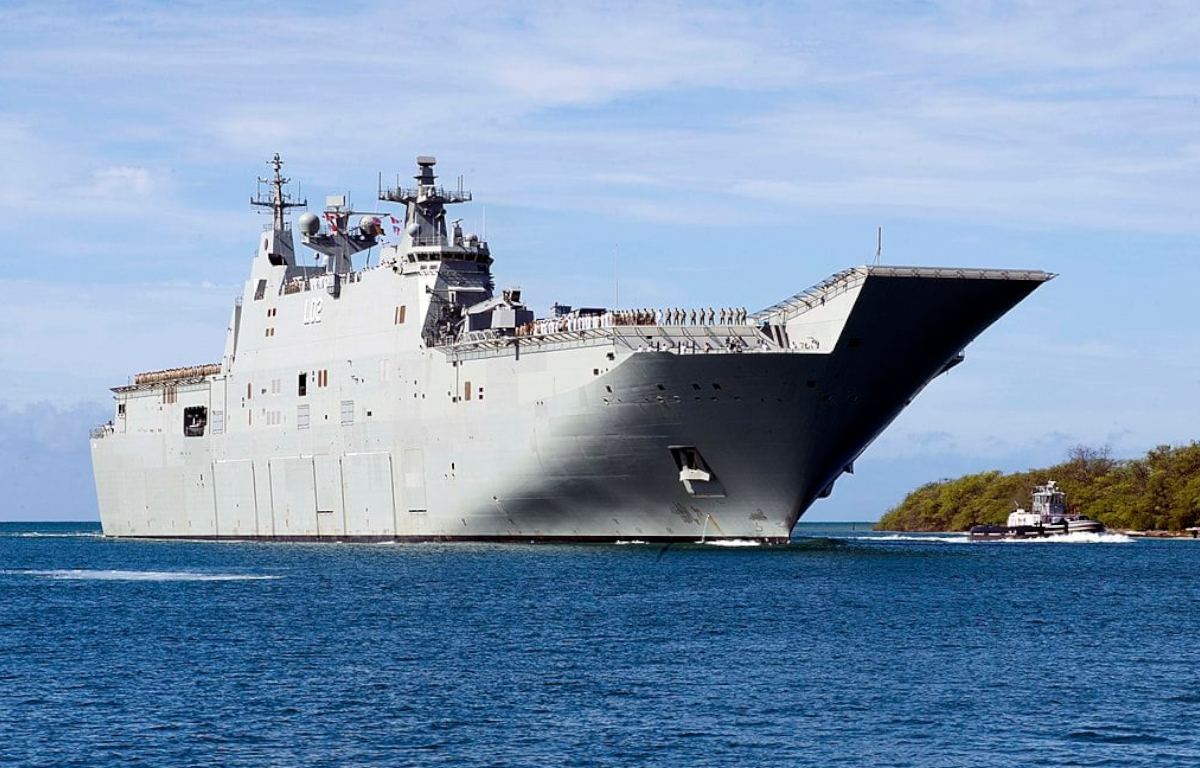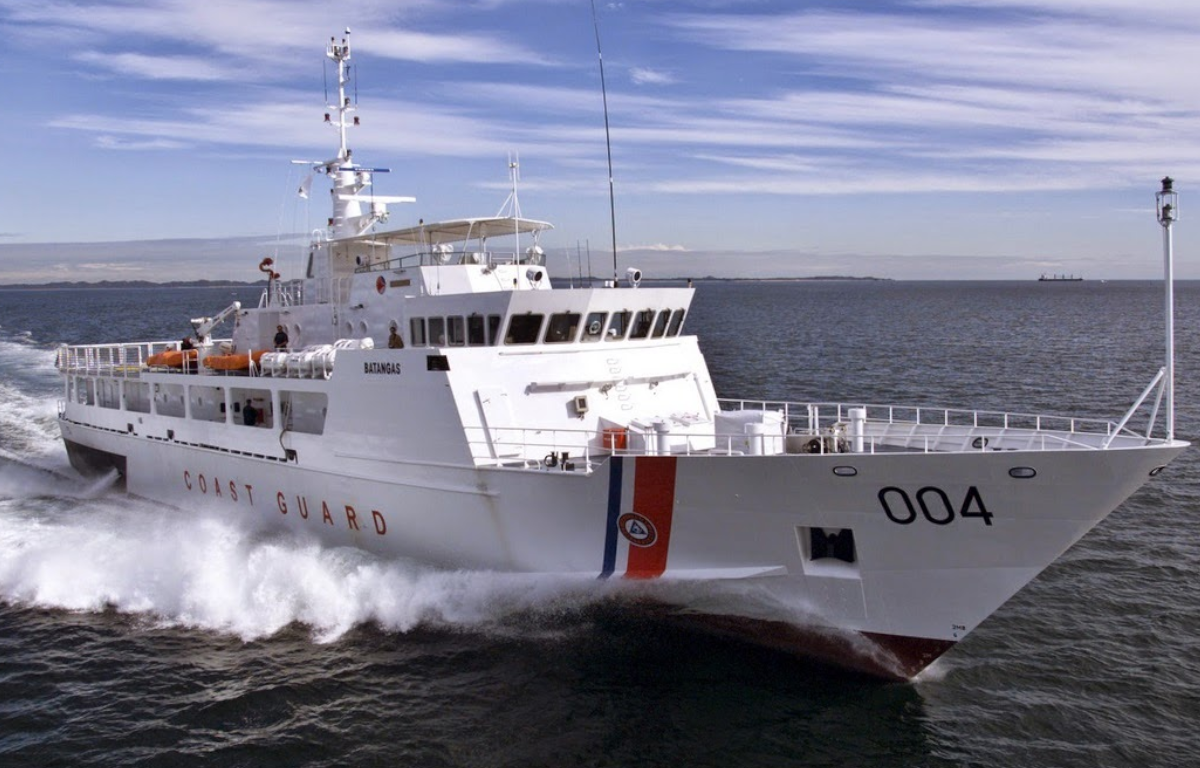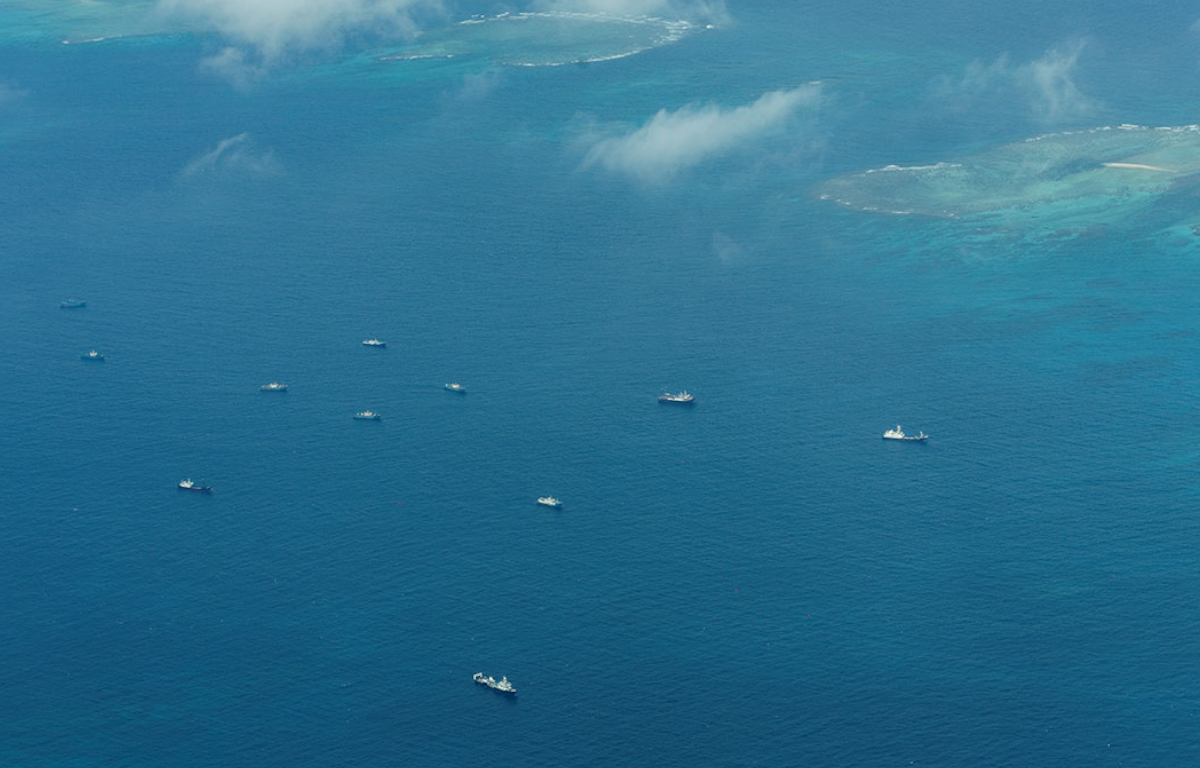
In the latest incident, Chinese vessels were reported to have obstructed two Philippine Coast Guard ships as they patrolled near the Scarborough Shoal, an area that has been at the center of disputes between China and the Philippines. The Chinese ships allegedly prevented the Philippine vessels from accessing the shoal, heightening tensions and sparking concerns about a potential escalation.
The South China Sea is home to overlapping territorial claims involving several countries, including China, the Philippines, Vietnam, Malaysia, Taiwan, and Brunei. China’s claims, often referred to as the “Nine-Dash Line,” encompass a vast portion of the sea, encroaching upon the exclusive economic zones of neighboring nations. This expansive assertion has been a source of diplomatic strain and even legal action.
The significance of the South China Sea cannot be overstated. It serves as a critical maritime route for trade, connecting major economies to vital markets. Additionally, the waters are believed to hold significant oil and natural gas reserves, intensifying the competition among claimant states to assert control over these resources.
In 2016, an international tribunal ruled in favor of the Philippines in a case brought against China’s claims. The tribunal deemed China’s assertion of historical rights over the waters without a legal basis. However, China refused to recognize the ruling, stating that it would neither accept nor participate in the arbitration. This has led to ongoing challenges in enforcing international law in the region.
The recent standoff underscores the fragile nature of the situation in the South China Sea. Heightened military presence, territorial claims, and assertive actions increase the risk of miscalculations that could trigger conflicts. Regional stability and international trade could be significantly compromised if these issues are not resolved through diplomatic channels.
Efforts to address the disputes have primarily taken the form of diplomatic negotiations and multilateral initiatives. Organizations such as the Association of Southeast Asian Nations (ASEAN) have attempted to facilitate dialogue among claimant states, but progress has been slow due to divergent interests and a lack of consensus.
The recent standoff between Chinese ships and the Philippine Coast Guard highlights the ongoing challenges in the South China Sea. Territorial disputes, geopolitical interests, and the potential for resource extraction continue to complicate efforts to achieve stability in the region. Diplomatic solutions and adherence to international law remain crucial in avoiding further escalations and fostering an environment where peaceful coexistence can prevail. The international community’s collective commitment to upholding the rule of law will play a pivotal role in shaping the future of the South China Sea.










Share this: